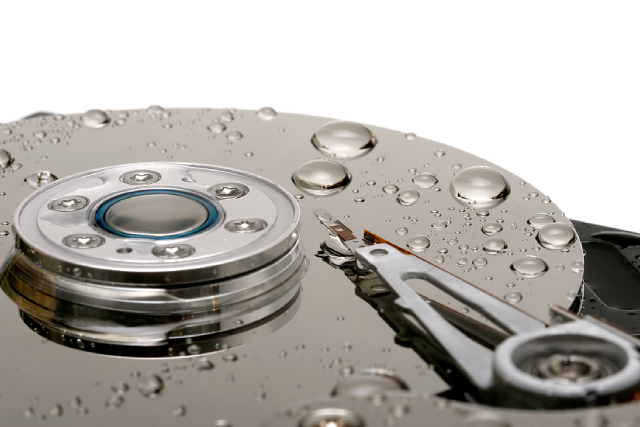SSD Recovery: What It Is and How It Works
Solid State Drives (SSDs) are a popular storage device that uses flash memory to store and access data. They are faster and more reliable than traditional
and are commonly used in high-performance computers, servers, and other electronic devices.
Despite their many advantages, SSDs can still experience data loss or corruption like any other storage device. When this happens, you may need to perform SSD recovery to retrieve lost data.
What is SSD Recovery?
SSD recovery is restoring lost or corrupted data on an SSD. Various factors, including hardware failure, software errors, accidental deletion, or viruses, can cause this.
Recovering data from an SSD can be more challenging than recovering data from a traditional HDD. SSDs store data differently than HDDs, making the recovery process more complex. However, there are still options for SSD recovery, including specialized recovery software or professional data recovery services.
How Does SSD Recovery Work?
SSD recovery works by analyzing the SSD's file system and attempting to recover lost data. This can be done using specialized recovery software that is designed to work with SSDs, or by sending the drive to a professional data recovery service.
In some cases, the data may be recoverable using software tools available online. However, these tools can be risky and may cause further damage to the drive. It's generally recommended to use professional data recovery services to ensure the best chance of a successful recovery.
During the recovery process, the SSD will be scanned for lost data, and the recovered files will be copied to a new storage device. This can take anywhere from a few hours to several days, depending on the extent of the data loss and the complexity of the recovery process.
Conclusion
In summary, SSD recovery is restoring lost or corrupted data on an SSD. While it can be more challenging than recovering data from a traditional HDD, it's still possible to recover lost data from an SSD using specialized recovery software or professional data recovery services.
If you've experienced data loss on an SSD, acting quickly and seeking professional assistance is essential to maximize the chances of a successful recovery. By understanding the process of SSD recovery and the options available, you can make informed decisions and minimize the impact of data loss on your digital life.



